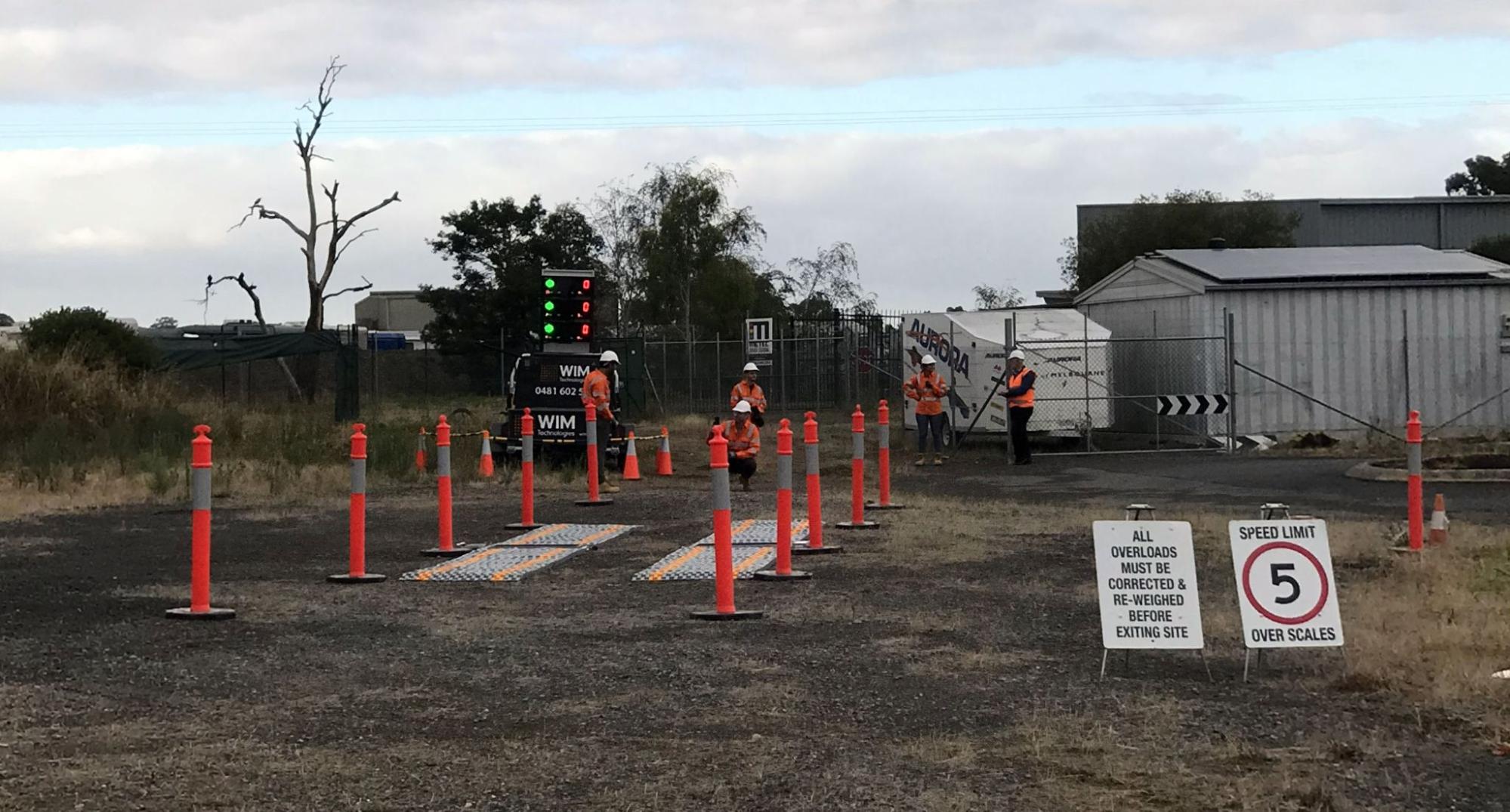
Do you know your role in the Chain of Responsibility?
Under the Chain of Responsibility (CoR) law introduced in 2018, all parties across the supply chain share an equal responsibility to comply with Heavy Vehicle National Law (HVNL), even if you don’t drive or operate a heavy vehicle.
The CoR framework sets out the legal obligations of each participant in the transport supply chain, with a strong focus on improved safety outcomes. This changes the way your business needs to approach and manage the safety and operation of heavy vehicles.
Everyone, from the employers and management teams to your consigners, dispatchers, loaders, contractors, partners and drivers, share the responsibility for the business being compliant and running safely, both on and off the road.
Do you know what role you play in the CoR?
Operator/Manager/Scheduler Responsibilities
The role of an operator, manager or scheduler under CoR includes things such as but not limited to:
- Ensure rosters and schedules do not require drivers to breach driving hours or speed limits.
- Assess whether a driver is fit for duty
- Record driver activities, work and rest times
- Ensure drivers do not work while impaired by fatigue or while in breach of their work or rest hours
- Maintain vehicles and ensure properly functioning speed limiters are fitted
- Ensure vehicles are not loaded to exceed mass or dimension limits and are appropriately restrained
- Ensure drivers moving freight containers have a valid container weight declaration
- Consult regularly with other parties in the supply chain to identify risks and issues that may contribute to breaches of the HVNL.
Consignor/Consignee Responsibilities
The role of a consignor or consingee under CoR includes things such as but not limited to:
- Ensure loads do not exceed mass or dimension limits and are appropriately restrained
- Check that operators carrying freight containers have a valid container weight declaration
- Your delivery requirements must not require or encourage drivers to:
- Exceed the speed limits
- Drive while impaired by fatigue
- Exceed regulated driving hours
- Fail the minimum rest requirements
- Consult with other parties in the chain to identify risks and issues that may contribute to breaches of the HVNL.
Loading Manager/Loader/Packer Responsibilities
The role of a loading manager, loader or packer under CoR includes things such as but not limited to:
- Ensure that loading a heavy vehicle will not cause or contribute to the driver driving while impaired by fatigue
- Work with other off-road parties to make reasonable arrangements to manage loading/unloading times
- Ensure vehicle loading/unloading does not cause delays and advise drivers of any delays of more than 30 minutes
- Ensure loads:
- Do not exceed vehicle mass or dimension limits
- Do not cause the vehicle to exceed mass limits
- Comply with the load restraint standard
- Are placed and secured in a way so they do not become unstable, move or fall off the vehicle
- Provide reliable weight information to drivers prior to the journey
- Ensure load documentation is accurate
- Ensure goods packed in a freight container do not cause the container’s gross weight or safety approval rating to be exceeded.
Driver/Owner-Driver Responsibilities
The role of a driver or owner-driver under CoR includes things such as but not limited to:
- Comply with your relevant fatigue management work and rest requirements
- Keep an accurate work diary and records required by law
- Respond to changes in circumstances (such as delays) and report these to your base
- Ensure your vehicle does not exceed mass or dimension limits
- Ensure your load is properly restrained
- Check and report on all maintenance issues
- Obey all speed limits and road rules
- Subcontractors should also follow the lawful requirements of their prime contractors and be able to demonstrate compliance
- Identify and report hazards and risks associated with the transport task.
For more information visit the National Heavy Vehicle Regulator (NHVR).


